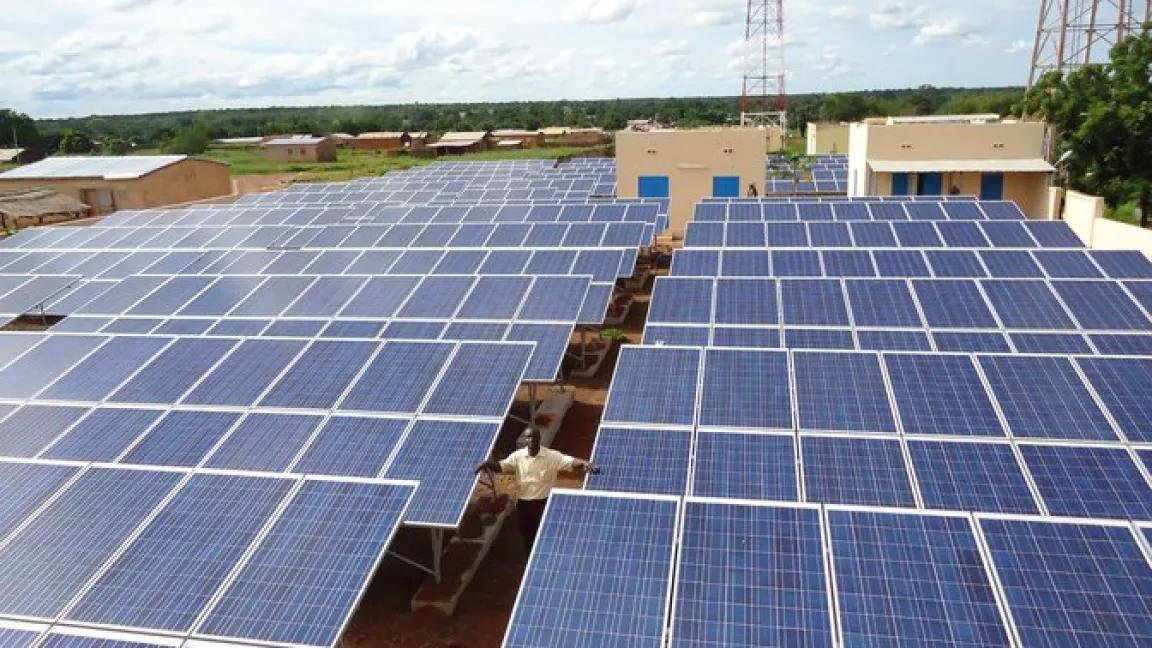The report, launched at a special event during the Africa Climate Summit in Nairobi, featured insights from IEA Executive Director Fatih Birol and AfDB President Akinwumi Adesina.

A new report jointly released by the International Energy Agency (IEA) and the African Development Bank Group (AfDB) stresses the imperative of swiftly enhancing access to capital and reducing financing costs to trigger a surge in clean energy investment across Africa.
The report, launched at a special event during the Africa Climate Summit in Nairobi, featured insights from IEA Executive Director Fatih Birol and AfDB President Akinwumi Adesina.
Despite accounting for nearly 20% of the global population and possessing abundant resources, Africa receives a mere 2% of worldwide clean energy investments.
The report underscores that for Africa to achieve its developmental aspirations, as well as meet international energy access and climate targets, its energy investment must more than double by 2030, with a substantial portion allocated to clean energy initiatives.
Various real and perceived risks associated with projects in Africa, coupled with increased borrowing costs stemming from the Covid-19 pandemic and geopolitical events like Russia’s conflict in Ukraine, have resulted in a restricted pool of accessible capital for energy developers in the region.
The report, titled “Financing Clean Energy in Africa,” highlights that the capital costs for utility-scale clean energy projects in Africa are at least two to three times higher than in advanced economies. This financial barrier hampers the pursuit of commercially viable projects that could offer affordable energy solutions.
Drawing from over 85 case studies across Africa and more than 40 interviews with key stakeholders, the report proposes innovative strategies to address this challenge. Lowering capital costs and facilitating the creation of viable projects will necessitate the expansion of various financial instruments.
These include increased provision of early-stage financing and broader implementation of tools that mitigate perceived investment risks, attracting private capital. Achieving this requires concerted efforts from both the public and private sectors, alongside the support of foreign and domestic institutions.
President William Ruto of Kenya emphasized the urgency of substantially elevating clean energy investments in Africa, underscoring that the report serves as a testament to Africa’s innovative potential.
IEA Executive Director Fatih Birol emphasized the vast clean energy potential present on the African continent but emphasized that financing obstacles hinder many transformative projects.
AfDB President Akinwumi Adesina warned that the current deficit in clean energy investment in Africa jeopardizes numerous sustainable development goals and could exacerbate energy and climate disparities as clean energy transitions accelerate in advanced economies.
The report’s analysis is rooted in the Sustainable Africa Scenario outlined in the IEA’s Africa Energy Outlook 2022 report, which provides a comprehensive strategy to achieve all energy-related development objectives in Africa. This includes targets under the UN Sustainable Development Goals, such as universal access to modern energy by 2030, as well as fulfilling climate pledges.
To provide modern energy for all Africans, an annual spending of nearly USD 25 billion until 2030 is needed, a modest sum in the global energy expenditure context. However, it necessitates a different financing approach, given the prevalence of small-scale projects, often in rural areas with consumers of limited means.
The international community’s role in amplifying clean energy investment in Africa is pivotal. Concessional finance, amounting to around USD 28 billion annually, is required to mobilize USD 90 billion of private sector investment by 2030, a more than tenfold increase from current levels.
The report also underscores the crucial role of local financial institutions in Africa’s sustainable development, calling for a nearly threefold increase in finance originating or disbursed through local channels by the end of the decade.